Album Review: The Thermals – Now We Can See (Kill Rock Stars)
Audio clip: Adobe Flash Player (version 9 or above) is required to play this audio clip. Download the latest version here. You also need to have JavaScript enabled in your browser.
MP3: The Thermals – Misfit (Wipers cover) from Datrotter Session
Audio clip: Adobe Flash Player (version 9 or above) is required to play this audio clip. Download the latest version here. You also need to have JavaScript enabled in your browser.
MP3: The Thermals – Back to the Sea from 2006′s The Body, The Blood, The Machine
Audio clip: Adobe Flash Player (version 9 or above) is required to play this audio clip. Download the latest version here. You also need to have JavaScript enabled in your browser.
MP3: The Thermals – Now We Can See from 2009′s Now We Can See
The Thermals (Wiki) are probably one of my favorite projects to come out of the Portland scene in the past decade, and definitively made a case for pop-punk that matters.
In just their first 2 years, they released as many self-recorded albums (More Parts Per Million & Fuckin’ A), sprint-length and packed with the lowest-fidelity punk you could dream of. Guitars shredding through your speakers like razors, rusty shards of metal being shaken up in a tin can. The result was exhilirating, almost exhausting in purity. A complete embrace of the founding elements of punk music: simple, short songs, high volume and distortion, and a DIY ethos.
Then along comes 2006′s absolutely remarkable The Body, The Blood, The Machine, a relatively lush and glorious pop-punk album, their lo-fi sound seemed to be a bygone era, and the Thermals brought us a whole different kind of apocalypse than we expected. Continuing the trend of sylistic pairs of albums with their latest, Now We Can See (a sequel to the events and ideas from TBTBTM), Hutch Harris and Kathy Foster have packed another record to the gills with tight and slick gems.
So what do the Thermals bring to the table that sets them apart from their obvious forebears, groups like the Ramones, that similarly played simple, ultra-hooky pop-infused punk?
Lyrics.
Hutch Harris is a true wordsmith. He burns images into your mind’s eye and crafts lyrical tapestries that not only echo, but enhance, the music. You can chart the progression of Harris’ linguistic abilities as he hones his words into a startlingly lucid, incisive and genuine voice. On this album, the Thermals have not emerged victorious from the fascist theocracy and desperately dystopian, post-apocalyptic landscape they constructed on TBTBTM. The lovers who were searching for escape have shuffled off this mortal coil, and appropriately bring us to the central theme and viewpoint for Now We Can See: death, and reflections upon it. Gone are the scorchingly incendiary sociopolitical polemics (at least the most straightforward ones). In their place stands much more personal and metaphorical content, devoid of any screaming indictments of religion or government.
The fable of opening track “When I Died” is that of the maddened narrator, who tires so much of life on land that he sees fit to commit his body to the sea, thinking his fate would be better to devolve into a fish (Thermals aficionados will recognize this from “Back to the Sea” on TBTBTM). ”We Were Sick” ironically carries one of the most poppy, carefree tones on the album to contrast with its lyrical lament of mankind’s ecological devastation. ”Now We Can See,” the first track to be premiered off the album, features an oh-so-infectious cry of “Oh-way-oh-a-whoa,” making it one of the Thermals’ most anthemic songs to date. Again what strikes harder than the music are the potential connotations of the lyrics, charging what seems to be a bubbly pop song with a subversive, cautionary message that is politically relevant in this age of Hope: “Now we can see/what do we need/we should need nothing/nothing at all.”
The sound on the album, while noticeably more produced than TBTBTM, is never overly so. Crisp and clean, it fits like a pristine glove–I almost never miss the lo-fi antics of the Thermals’ early years. They’re extraordinarily comfortable in the realm of catchy pop, and if anything, have given their sound sturdier legs by preemptively eschewing the current trend towards clash and noise. In fact, there are some hints at where they may head next (in addition to the unreleased track “That’s Inertia”).
The positively sublime “At the Bottom of the Sea,” with hushed guitars bubbling under Harris’ laborious and tender vocals, it’s a grand approach to the underwater song sans cliched warbling effect. Simultaneously it is disturbing as Harris’ narrator slips from this plane, his life fading as a twitching line of distorted guitar feedback amidst crashing of grand chords and soaring vocals. The heart-breaking “I Called Out Your Name” is probably the only other track to hold a candle to “Sea’s” emotional impact, if not its musical subtlety. The intertwined duet of Hutch and Kathy cuts deep: “I was feeling so old/my body so cold/only you I needed to see/I’d fallen so low/you were all I had known/and had to love/before I had to leave.” ”You Dissolve” even features a bit of unusual instrumentation for the Thermals with a bit of ivory tickling.
But they still shine brightest with the overamped guitars of “When We Were Alive,” paying homage to the Ramones and the Thermals’ past scuzzy lo-fi adventures to make the most rocking track on the album. A defiant afterlife coda from humanity that rejoices in the rampantly self-indulgent, it features some of the best verses: “We closed our minds/we shut our traps/we built a house/the house collapsed/we sold the wood/and bought the farm/and now we’ve got a place/in the dirt/in the backyard.”
Like all of their other albums, there is still fuel for the major complaint I hear about the Thermals: namely that their sound doesn’t vary enough, tracks easily bleeding together. I suppose this is a consequence of them honing their songwriting approach down to a science. Some may even say there hasn’t been enough progression from TBTBTM, but honestly I’ve rarely thought that while listening. There’s just too much else to enjoy and appreciate, the subtlety and the details. And if the pattern of stylistic pairs holds true, the next Thermals album should be a completely different beast.
Label: Kill Rock Stars
Release Date: Apr 7 2009
Track list:
- When I Died
- We Were Sick
- I Let It Go
- Now We Can See
- At the Bottom of the Sea
- When We Were Alive
- I Called Out Your Name
- When I Was Afraid
- Liquid In, Liquid Out
- How We Fade
- You Dissolve
Related posts
- Audio: The Thermals – “When We Were Alive”[Audio clip: view full post to listen] MP3: The Thermals...
- Interview: The Thermals (w/ Kathy Foster)The Thermals play DC’s the Black Cat Mainstage on Wed...
- Live Review / Photos: The Thermals, the Shaky Hands, Point Juncture WA @ the Black Cat (2009.05.13)Photo credit (The Thermals, Point Juncture): Greg Szeto Photo credit...
- Stripped down punk warmth, courtesy of the ThermalsI have a confession. I am addicted to Portland’s most-prominent...
- Live Review: Asobi Seksu @ Rock and Roll Hotel (2009.03.28)Photo credit: Fiz [Audio clip: view full post to listen]...



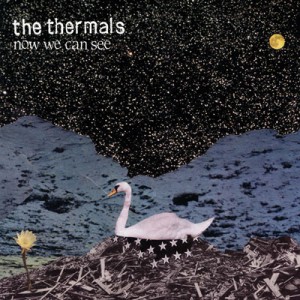


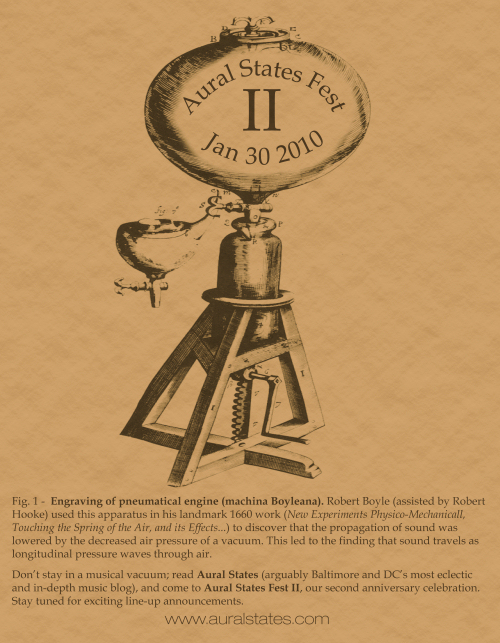














 Double Dagger: Masks EP
Double Dagger: Masks EP Pfisters: Narcicity
Pfisters: Narcicity Lizz King: All Songs Go To Heaven
Lizz King: All Songs Go To Heaven Imperial China: Phosphenes
Imperial China: Phosphenes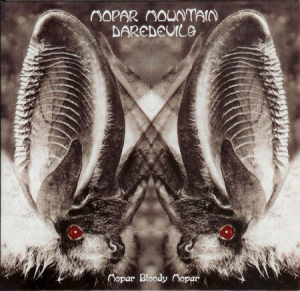 Mopar Mountain Daredevils: Mopar Bloody Mopar
Mopar Mountain Daredevils: Mopar Bloody Mopar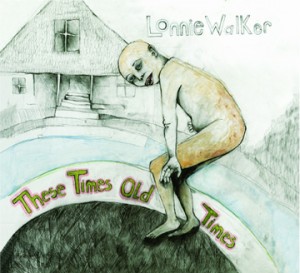 Lonnie Walker: These Times, Old Times
Lonnie Walker: These Times, Old Times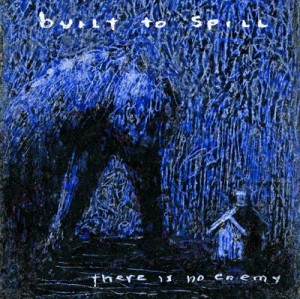 Built to Spill: There Is No Enemy
Built to Spill: There Is No Enemy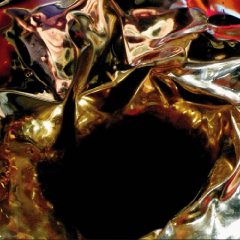 Hypnotic Brass Ensemble: Hypnotic Brass Ensemble
Hypnotic Brass Ensemble: Hypnotic Brass Ensemble Secret Mountains: Kaddish EP
Secret Mountains: Kaddish EP Bela Fleck: Throw Down Your Heart: Tales From the Acoustic Planet, Vol. 3 -Africa Sessions
Bela Fleck: Throw Down Your Heart: Tales From the Acoustic Planet, Vol. 3 -Africa Sessions Lands & Peoples: Lands & Peoples EP
Lands & Peoples: Lands & Peoples EP Caleb Stine: Eyes So Strong and Clean
Caleb Stine: Eyes So Strong and Clean Wye Oak: The Knot
Wye Oak: The Knot Pontiak: Maker
Pontiak: Maker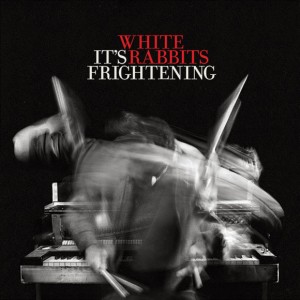 White Rabbits: It's Frightening
White Rabbits: It's Frightening Dirty Projectors: Bitte Orca
Dirty Projectors: Bitte Orca Double Dagger: More
Double Dagger: More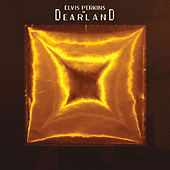 Elvis Perkins in Dearland: Elvis Perkins in Dearland
Elvis Perkins in Dearland: Elvis Perkins in Dearland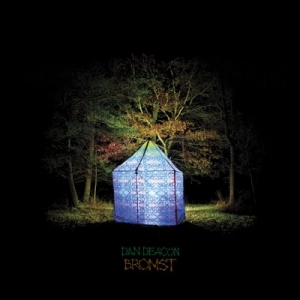 Dan Deacon: Bromst
Dan Deacon: Bromst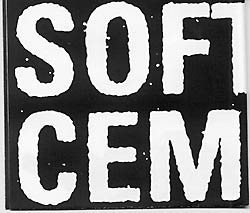 Soft Cement: Think About It EP
Soft Cement: Think About It EP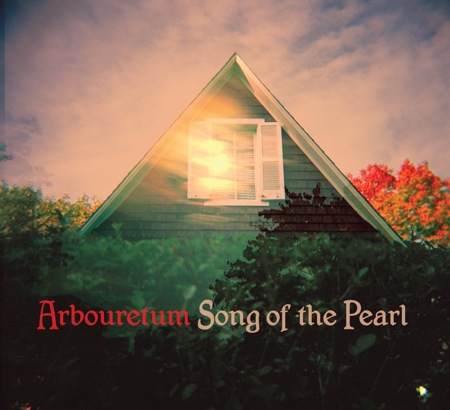 Arbouretum: Song of the Pearl
Arbouretum: Song of the Pearl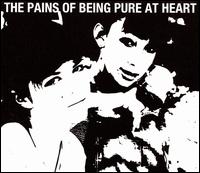 The Pains of Being Pure at Heart: The Pains of Being Pure at Heart
The Pains of Being Pure at Heart: The Pains of Being Pure at Heart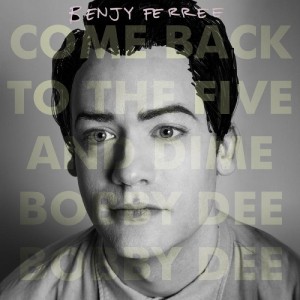 Benjy Ferree: Come Back to the Five and Dime, Bobby Dee Bobby Dee
Benjy Ferree: Come Back to the Five and Dime, Bobby Dee Bobby Dee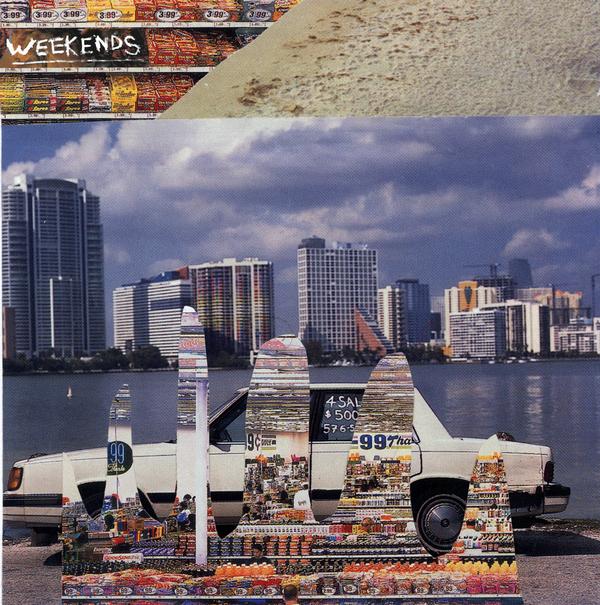 Weekends: Weekends
Weekends: Weekends Height With Friends: Baltimore Highlands 12" LP, Limited-Run Vinyl Only
Height With Friends: Baltimore Highlands 12" LP, Limited-Run Vinyl Only Caverns: Kittens! EP
Caverns: Kittens! EP Little Joy: Little Joy
Little Joy: Little Joy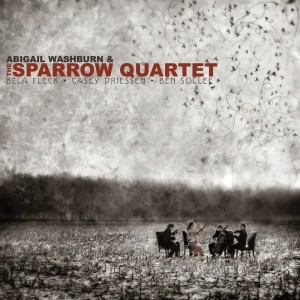 Abigail Washburn & the Sparrow Quartet:Abigail Washburn & the Sparrow Quartet
Abigail Washburn & the Sparrow Quartet:Abigail Washburn & the Sparrow Quartet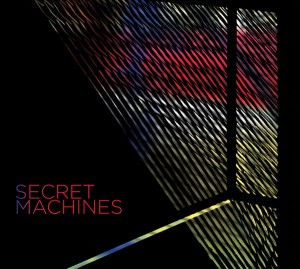 The Secret Machines: Secret Machines
The Secret Machines: Secret Machines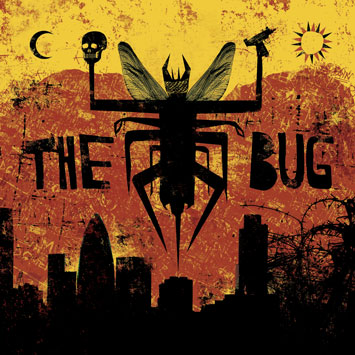 The Bug: LondonZoo
The Bug: LondonZoo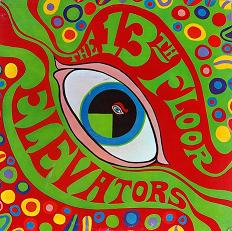 13th Floor Elevators: Psychedelic Sounds of the 13th Floor Elevators (Vinyl Mono LP only)
13th Floor Elevators: Psychedelic Sounds of the 13th Floor Elevators (Vinyl Mono LP only)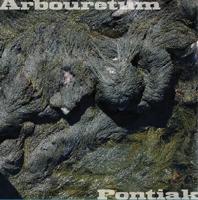 Arbouretum/Pontiak: Kale (Vinyl LP only)
Arbouretum/Pontiak: Kale (Vinyl LP only) Small Sur: We Live in Houses Made of Wood
Small Sur: We Live in Houses Made of Wood AbeVigoda: Skeleton
AbeVigoda: Skeleton ImperialChina: Methods: EP
ImperialChina: Methods: EP
I love the vocal work so much, but the guitar solo they threw in is really putting me off.
What is it with you people and guitar solos? Everyone wants a kick ass guitarist and yet no one wants them to wail on it! Which is good for the bands I guess, all they have to do to please fans is create simplistic three-chord songs. Bring on the fucking guitar solos, lads!
i concur. bring em on!
So i’ve listened through 3 or 4 times now. it’s missing the spark, the somehow unphysical quality that made TBTBTM so great.
It feels more like people made an album, rather than future infinite punkpop beings.
i think that’s kind of the point…after such a dystopic, ideologic manifesto, they needed to get back to the finite. life and death, humanity. because ultimately, that’s the only constant.
it’s an inward fire, instead of an explosive, outward burn.
Another amazing album. Bottom of the sea gives me goosebumps every time.